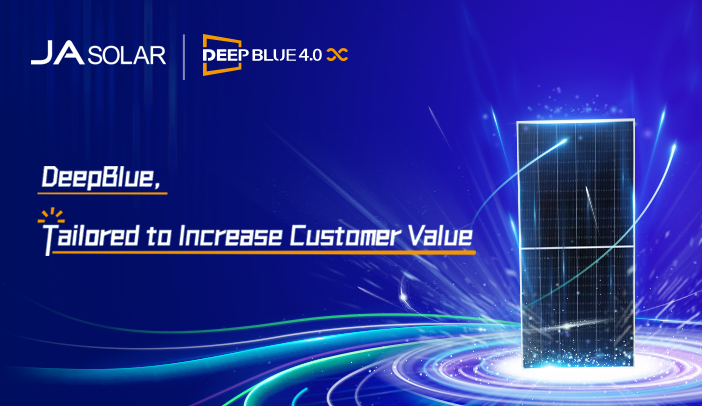One of the largest dairy manufacturers in South Africa, Woodlands Dairy, is gaining fast traction in their energy transition from fossil fuels to renewables.
Says André Adendorff, Sustainability Manager at Woodlands Dairy: “Woodlands Dairy started its sustainability journey in 2012 and has aligned its sustainability initiatives to consider the objectives of the United Nations sustainable development goals. These interlinked goals are a blue print for a peaceful and prosperous future for all with an emphasis on protecting the environment for future generations.
To ensure environmental health, social equity and economic prosperity for future generations, we need to balance our need to prosper economically with protecting the environment. Key milestones since 2012 were, the implementation of the SWAN system tool in partnership with Trace & Save in 2014, the commissioning of the water recovery plant in 2017 and achieving ISO Standard Certification for both Occupational Health and Safety (ISO45001) and Environmental Management (ISO14002) in 2018”
Several renewable energy resource projects have been implemented at the Woodlands Dairy mega facility in Humansdorp. The objective of these being, replacement of fossil fuels, reduced energy consumption and reduction of carbon emissions. The first step in a multi-phase solar initiative was completed in 2021. The first stage of the solar project consisted of 1922 JA Solar PV modules and 10 SolarEdge Inverters and optimiser combinations, capable of generating 828KW AC. The installed solar capacity is anticipated to provide 1.5GWH of power annually, reducing their carbon emissions by 588 tons or planting an equivalent of 17 558 trees annually.
Adendorff explains that there are various benefits to using solar energy besides contributing to the reduction of carbon dioxide to the atmosphere. “Apart from the reduced dependence on the national utility supplier, there is very little, to no impact on the environment, it’s clean and responsible. Further to this, using solar power has long-term cost benefits and reduces the dependency on fossil fuels,” he adds. The solar system implemented at Woodlands has been designed to be utilised by the dairy and support the diesel generator loading whilst running on backup power. Additional solar phases are part of future planning.
A biomass boiler, which uses woodchips which are a waste product generated at the Longmore forest sawmill during the harvesting and milling process, was commissioned in 2016. The main objective of the boiler is to reduce Heavy Fuel Oil (HFO) and electricity usage to generate steam for the plant. By changing over to a biomass boiler, they reduced their electric-boiler consumption by 40% and HFO consumption by 83%. A second biomass boiler is being commissioned early 2023 onwards.
Author: Bryan Groenendaal
















